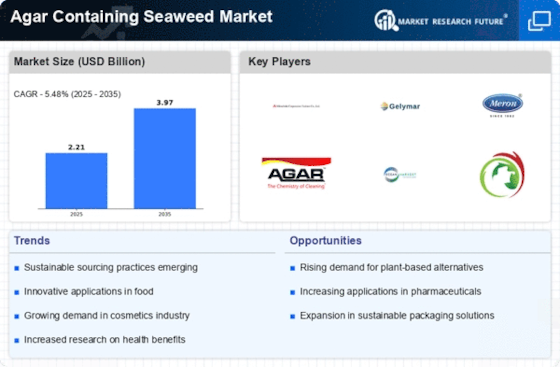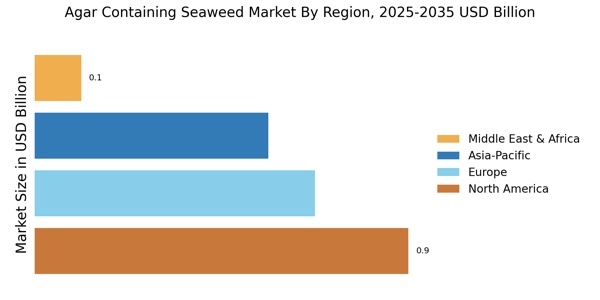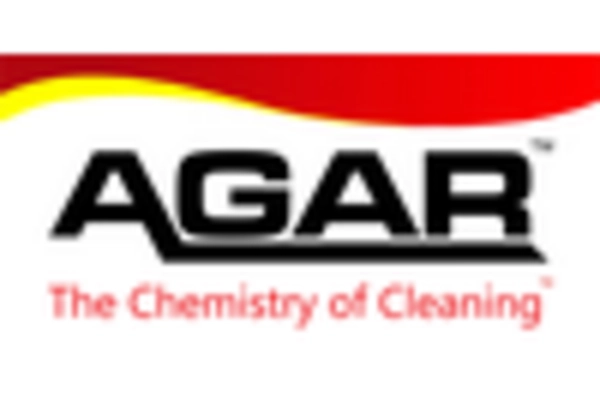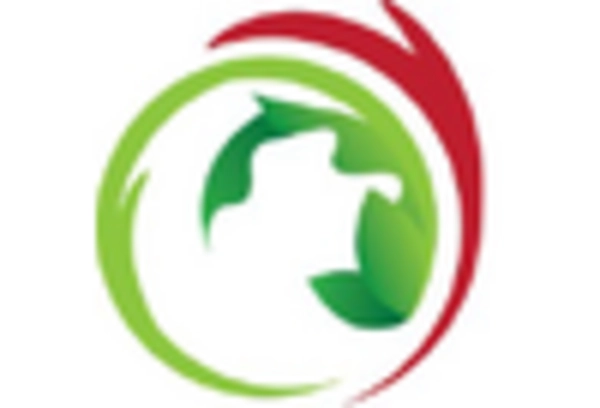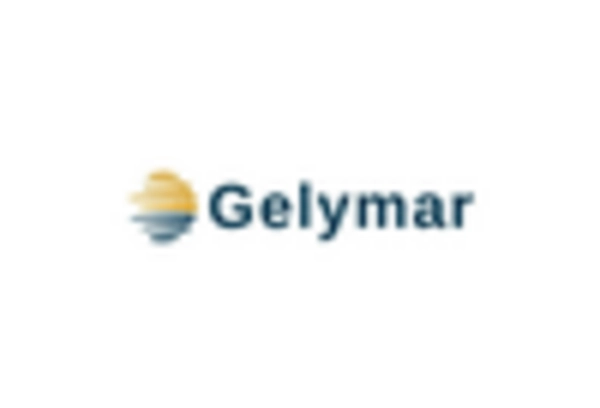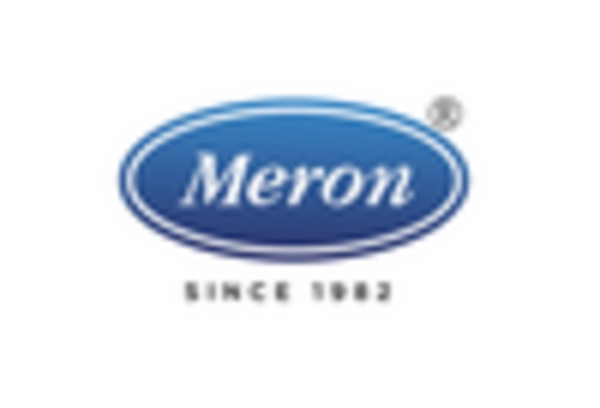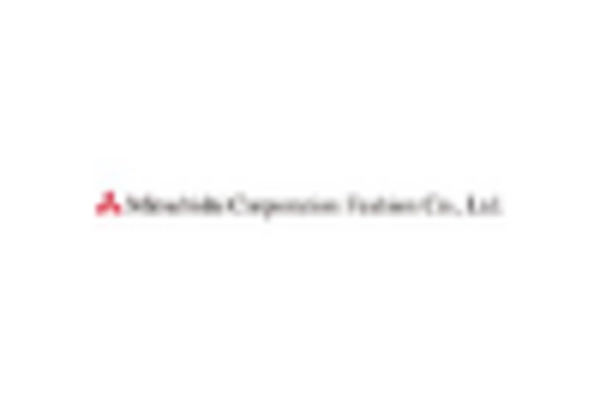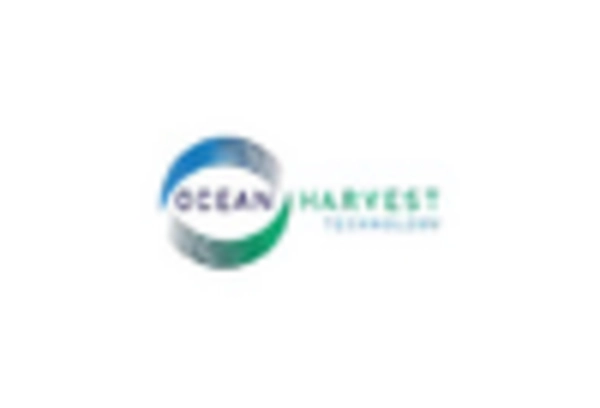Rising Interest in Nutraceuticals
The agar containing seaweed Market is witnessing a growing interest in nutraceuticals, which are food products that provide health benefits beyond basic nutrition. Agar is rich in dietary fiber and has been associated with various health benefits, including improved digestion and weight management. As consumers become more health-conscious, the demand for functional foods is on the rise. Market data suggests that the nutraceutical segment is expanding rapidly, with agar-based products being incorporated into dietary supplements and health foods. This trend is likely to continue, as the Agar Containing Seaweed Market aligns with the increasing consumer focus on wellness and preventive health measures, potentially leading to new product innovations and market opportunities.
Expansion of Vegan and Vegetarian Diets
The Agar Containing Seaweed Market is significantly influenced by the expansion of vegan and vegetarian diets. As more individuals adopt plant-based lifestyles, the demand for alternatives to animal-derived products has surged. Agar serves as an excellent substitute for gelatin, which is derived from animal sources, making it a popular choice among those seeking vegan options. Recent statistics indicate that the plant-based food market is growing at an impressive rate, with agar-containing products gaining traction in various applications, from desserts to savory dishes. This shift in dietary preferences is likely to propel the Agar Containing Seaweed Market forward, as manufacturers respond to the increasing demand for innovative and sustainable food solutions.
Increasing Applications in Food Industry
The Agar Containing Seaweed Market is experiencing a notable surge in demand due to its diverse applications in the food sector. Agar, a gelatinous substance derived from red algae, serves as a thickening and gelling agent in various culinary products, including desserts, jellies, and sauces. The food industry is increasingly recognizing the benefits of plant-based alternatives, with agar being a preferred choice for vegan and vegetarian formulations. Recent data indicates that the food segment accounts for a substantial share of the market, driven by consumer preferences for natural and clean-label ingredients. As the trend towards healthier eating continues, the Agar Containing Seaweed Market is poised for growth, with manufacturers innovating to create new products that cater to evolving dietary needs.
Growing Awareness of Environmental Sustainability
The Agar Containing Seaweed Market is increasingly influenced by growing awareness of environmental sustainability. Consumers are becoming more conscious of the ecological impact of their food choices, leading to a preference for sustainable and eco-friendly products. Seaweed cultivation, which requires minimal resources and has a low carbon footprint, is viewed as a sustainable alternative to traditional agriculture. Market data suggests that products derived from sustainably sourced seaweed are gaining popularity, as consumers seek to support environmentally responsible practices. This trend is likely to drive growth in the Agar Containing Seaweed Market, as companies that prioritize sustainability in their sourcing and production processes may attract a more environmentally aware customer base.
Technological Innovations in Extraction Processes
The Agar Containing Seaweed Market is benefiting from technological innovations in extraction processes that enhance the quality and yield of agar. Advances in processing techniques, such as enzymatic extraction and improved drying methods, are enabling manufacturers to produce higher-quality agar with better functional properties. These innovations not only improve the efficiency of production but also reduce waste, aligning with sustainability goals. Market analysis indicates that companies investing in research and development are likely to gain a competitive edge, as they can offer superior products that meet the evolving needs of consumers. As technology continues to advance, the Agar Containing Seaweed Market is expected to see increased efficiency and product diversity.


